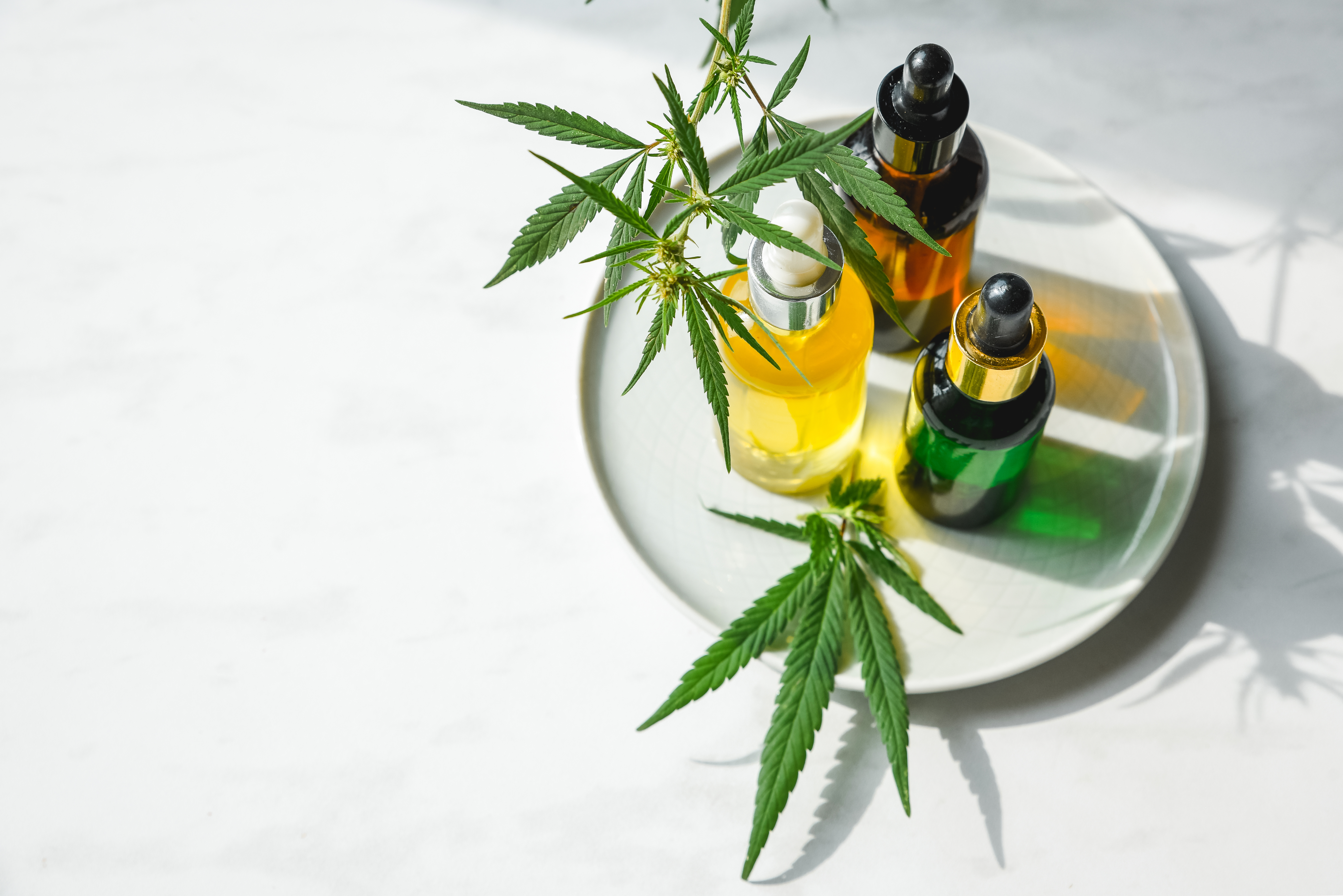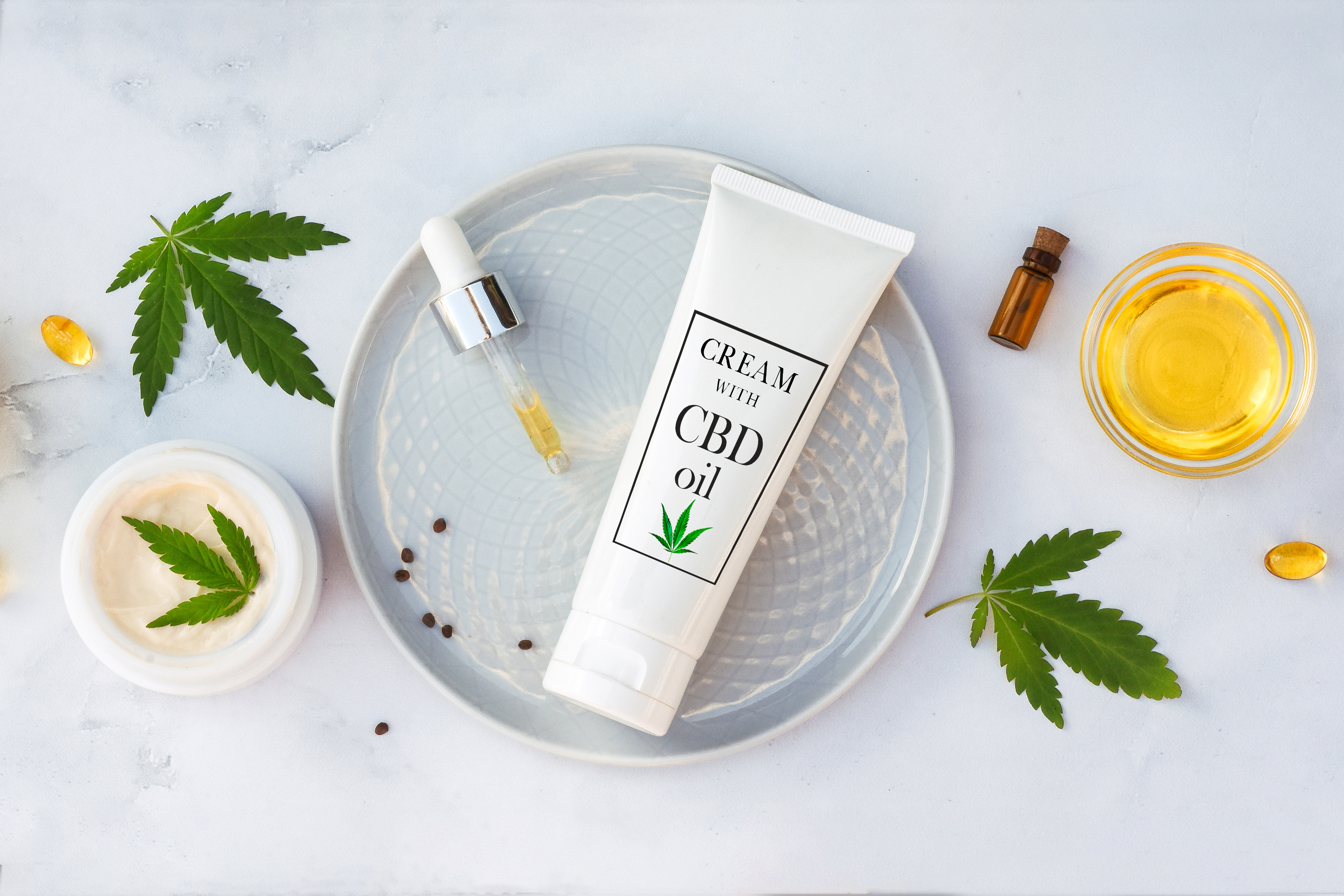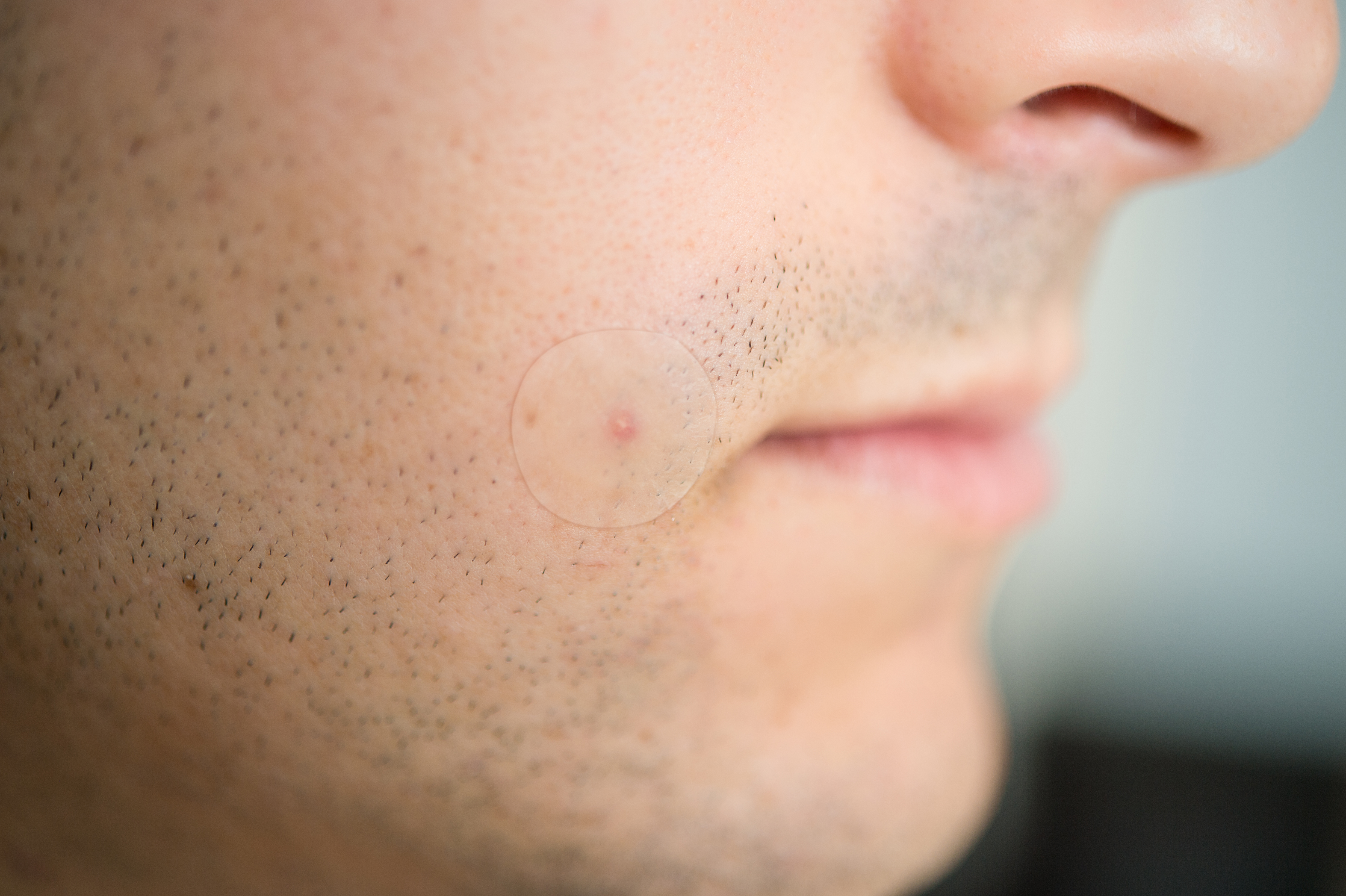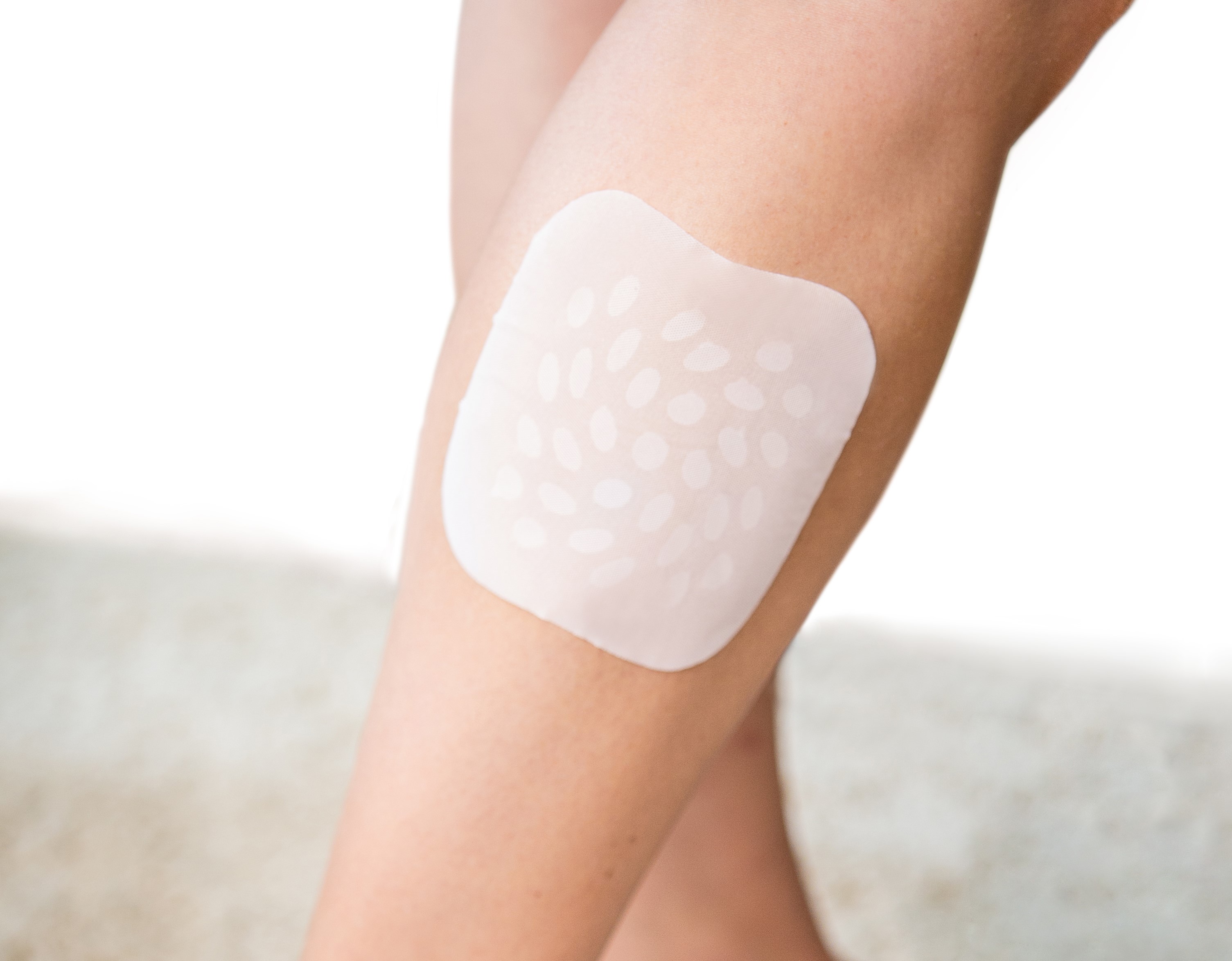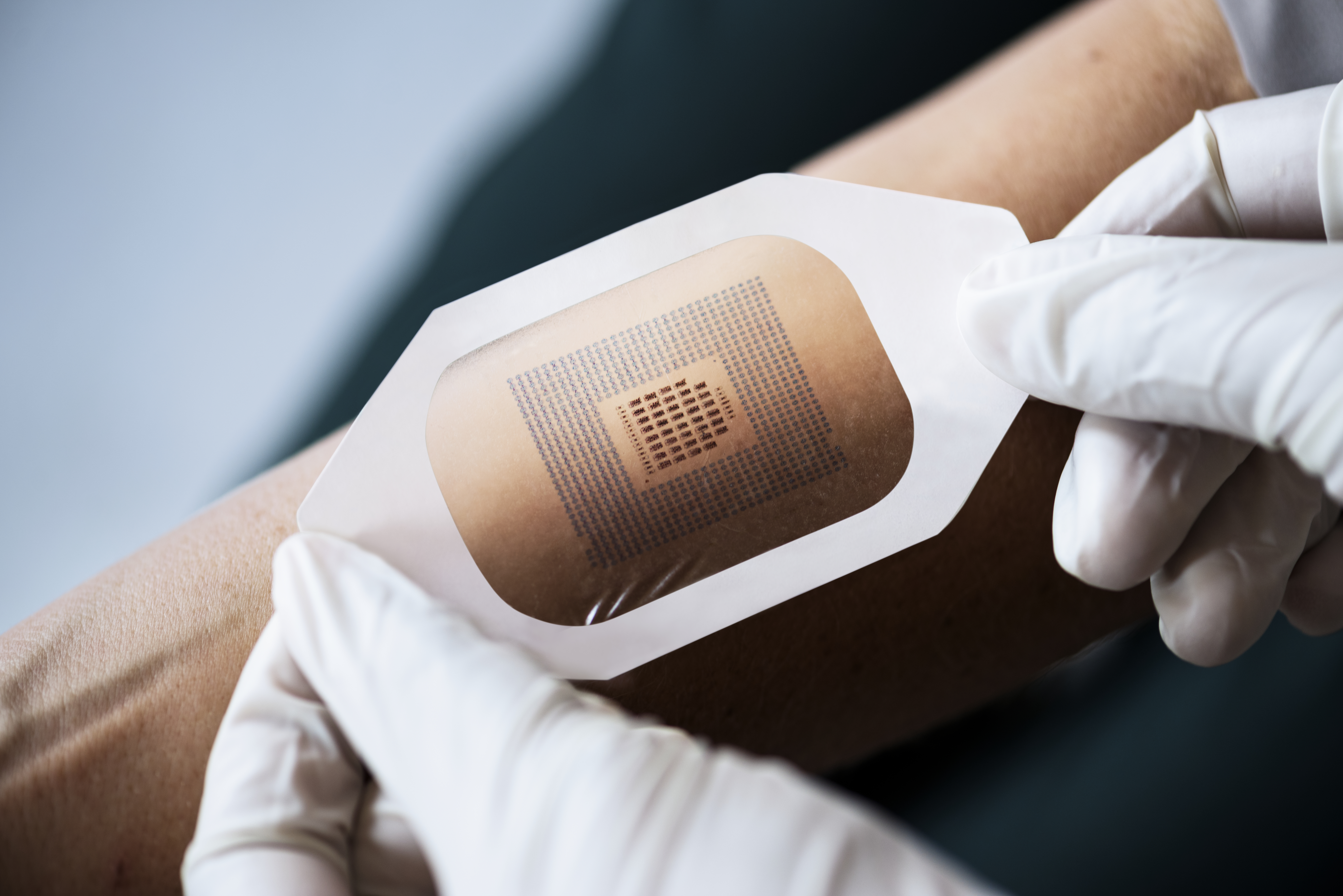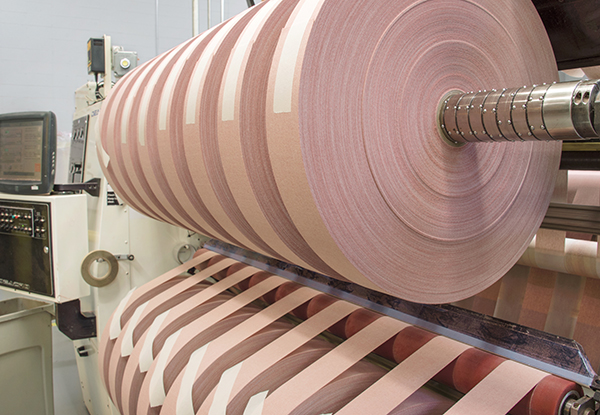One of the fastest growing applications for CBD oil products today is pain management since, if proven effective, could offer a safer alternative to the potentially habit-forming medications often used to treat chronic pain.
Cannabidiol (commonly known as CBD) is one of the many cannabinoid compounds that can be derived from the cannabis plant. The CBD compound is typically extracted and added to a carrier oil to create CBD oil products.
CBD oil has been increasingly used due to a belief held by some that it can help regulate body functions such as pain, immune-system responses, and sleep. Perhaps, this belief is based on inferences that humans are equipped with a cell-signaling system, the endocannabinoid system (ECS), that is proposed to be potentially capable of accepting and translating signals from cannabinoids to essentially influence the body to use its internal endocannabinoids more efficiently.
One of the fastest-growing applications for CBD oil products today is pain management since, if proven effective, could offer a safer alternative to the potentially habit-forming medications often used to treat chronic pain. We interviewed Anthony Castrogiovanni, Site Manager, R&D / Regulatory Affairs at Scapa Dallas, to learn more about the formulation of CBD topicals and how they help with pain management and overall skin care.
Hemp oil typically has more of a light golden to a dark brown hue, whereas CBD oil appears to be green and dark. Using cold press extraction, hemp oil is produced from hemp seeds. It typically has a light green color and a nutty flavor, dark to translucent. Using CO2 or solvent-based extraction, CBD oil is produced from whole hemp plants.
Recent scientific evidence suggests that CBD could protect the skin through an activation of antioxidant defenses, limit skin aging, and balance oily and acne-prone skin. Studies have also shown that CBD has great potential as a soothing ingredient for sensitive and stressed skin. These studies suggest that CBD could offer a natural solution for dermocosmetic applications such as psoriasis, atopic dermatitis and seborrheic dermatitis.
As stated in question number one above, CBD is a biomimetic active ingredient due to its similarity with endogenous cannabinoids, and as such, its potential interaction with the endocannabinoid system in skin may help promote skin homeostasis.
CBD Isolate Powder is a premium high-quality product, obtained by supercritical CO2 extraction, containing at least 98% cannabidiol, and having optimal activities for skin benefits. This new form is easier to formulate into a wider range of products.
Encapsulation of CBD to make it easier to formulate into a broader range of products, and render it more bioavailable, has further enhanced its potential efficacy in helping combat various skin conditions.
Balance is key between the benefits consumers expect, the claims that can/can’t be made about CBD from a regulatory perspective, and technological advancements that allow the alignment with both to create products that can compete in the beauty marketplace. Those technological advancements include the creative development of ingredients and product formulation strategies alike.
To help ensure that a brand will grow, focus needs to be placed on several factors, including: proper branding, a well-defined CBD marketing strategy, and product placement. Brand differentiation is an all-important element that can make or break a CBD marketing strategy. The health benefits of CBD are overwhelmingly diverse. The market should be the same.
It is also important to position your brand in a way that resonates well with your target customers. Craft your brand and products to better meet their preferences, solve their problems, and match their personalities.
It is vital that all stages of production are controlled, from cultivation methods of the CBD to the most advanced insulation processes.
To achieve the greatest efficacy from the product line, formulation strategies must include selection of the most effective carriers for CBD, as well as other cannabinoids. For example, functionalized hybrid cannabidiol (CBD) derivatives allow for greater compatibility in silicone-based formulations, as well as natural oils, while imparting a non-greasy and lubricious feel.
As mentioned previously in question 3 above, encapsulation technology of CBD alone and in combination with other ingredients such as extracts can enhance its potential efficacy in treating specific skin conditions.
As a strategic partner, Scapa not only provides clients with innovative techniques and solutions, but also help explore key issues involved when developing a successful brand.
View website


